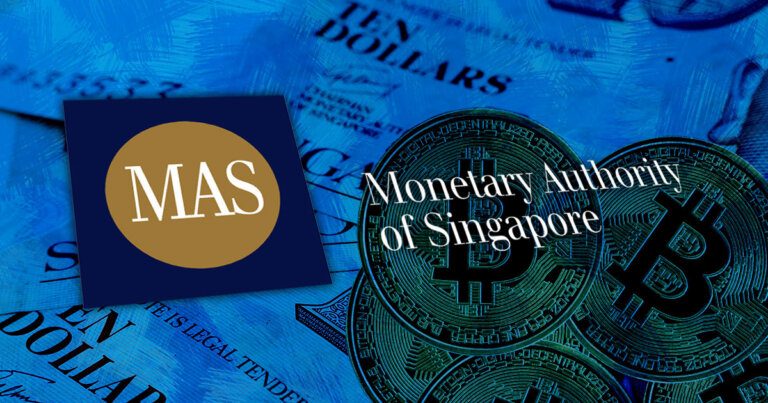 Singapore requires banks to hold $125 for every $100 Bitcoin exposure
Singapore requires banks to hold $125 for every $100 Bitcoin exposure Singapore requires banks to hold $125 for every $100 Bitcoin exposure
Singapore's MAS minister said banks in the country have "insignificant" exposure to crypto.

Cover art/illustration via CryptoSlate. Image includes combined content which may include AI-generated content.
Singapore’s senior minister Tharman Shanmugaratnam said on Nov. 28 that banks in the country must hold $125 of capital against every $100 exposure to risky crypto assets like Bitcoin (BTC) and Ethereum (ETH).
In a written response to Singapore’s parliament, Shanmugaratnam said Singapore-based banks have “insignificant” exposure to crypto. The Monetary Authority of Singapore (MAS) minister added that the exposure level was “less than 0.05% of their total risk-weighted assets.”
Shanmugaratnam revealed that Singapore actively participated in the Basel Committee on Banking Supervision (BCBS) framework for banks’ exposure to crypto. He said the committee is expected to release its final framework at the end of the year.
However, pending the release of that framework, Shanmugaratnam said the financial regulator has ensured that banks in the country have applied the highest risk weight under the BCBS’ capital framework, which is a 1250% risk weight for exposures to riskier crypto assets like Bitcoin and Ether.
The minister said:
“For less risky crypto assets, such as tokenised corporate bonds that meet a set of conditions to ensure that they pose the same level of financial risks as traditional corporate bonds, the prudential treatment is similar to that applied to the traditional non-tokenised asset.”
Singapore’s financial authorities have issued several statements to clear misconceptions surrounding FTX’s exposure to Singaporeans. The MAS stated that the bankrupt crypto exchange was not licensed to operate in the country and defended why it was not placed on its Investor Alert List (IAL).

















































































































